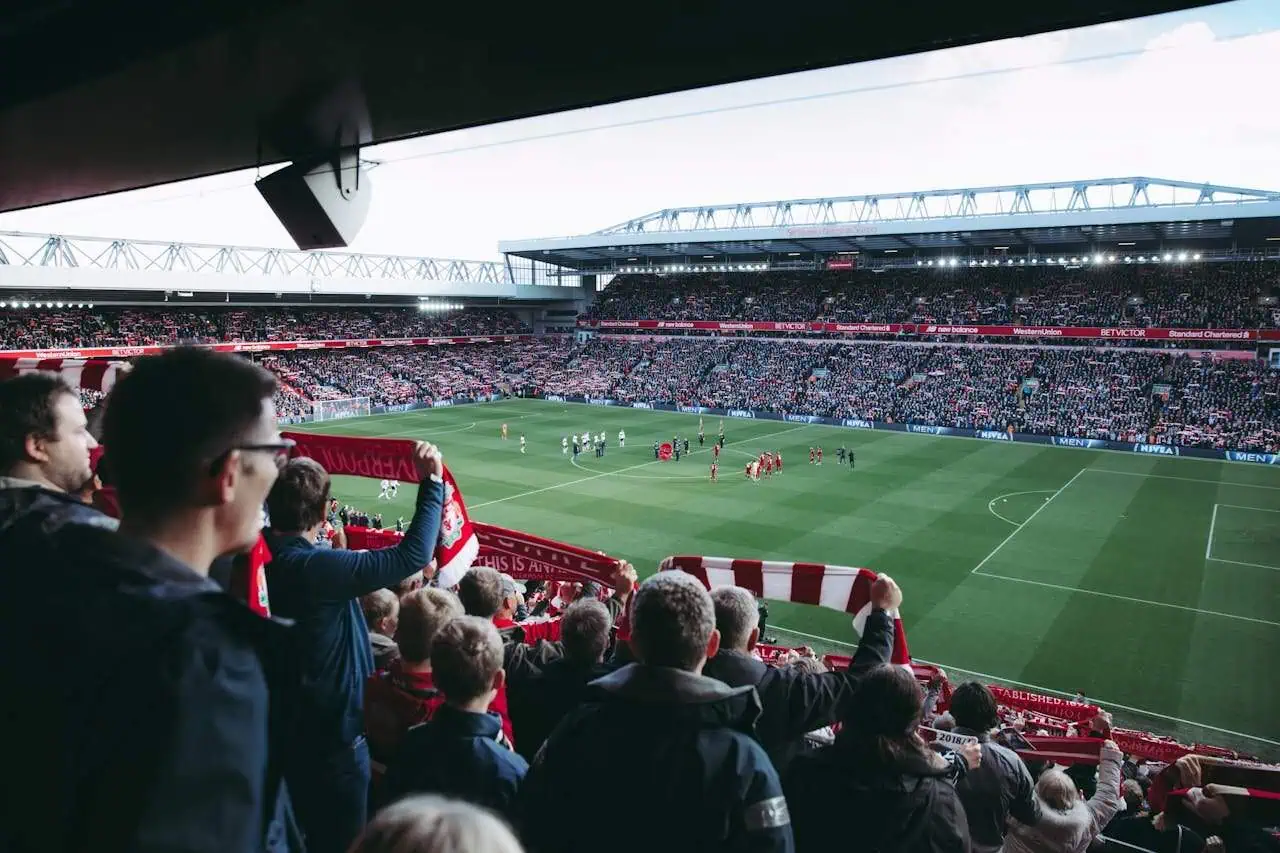In the Olympus of European football competitions, the Premier League consistently emerges as the undisputed commercial leader. In 2024, England’s top division once again reported total revenues exceeding those of La Liga, Serie A, the Bundesliga, and Ligue 1 by a significant margin. Other European teams have historical legacies and world-famous athletes, but they can’t compete with British economic leadership.
What lies behind this disparity? The reasons are rooted in a combination of economic foresight, political decisions, and strategic planning that has positioned the Premier League not only as a football competition, but also as a global entertainment product. From television rights to sponsorship deals, matchday revenues, and private investment, the Premier League has built a scalable and sustainable commercial model.
High-Value sponsorship and commercial deals
One of the pillars of the Premier League’s financial structure is its ability to attract and retain premium sponsorship agreements. Clubs in England benefit from a vibrant and open commercial environment, where regulation around advertising remains relatively flexible. In particular, greater regulatory freedom in the United Kingdom than in other countries allows sponsorship by betting brands or even online casinos. The latter thus have the opportunity to advertise themselves in addition to the already established methods, such as promotions and welcome bonuses, which can be availed sign up via oddschecker, while the benefits for clubs are very important revenues in economic terms.
Sponsorship opportunities go beyond shirt deals. Clubs now monetise every element of their brand — from training kits to stadium naming rights and digital media platforms. The Premier League’s global visibility ensures that brands view these clubs not just as sporting institutions, but as powerful marketing vehicles capable of reaching diverse and engaged audiences.
A centralised and competitive media rights system
At the heart of the Premier League’s financial superiority is its centralised sale of broadcasting rights. Unlike some other leagues where clubs negotiate TV deals individually (as historically seen in Spain), the Premier League sells its media rights collectively, both domestically and internationally. This approach ensures equal footing in negotiations, fosters competitive bidding, and results in a higher total valuation of the broadcasting package.
Moreover, the auction-based system creates a fiercely competitive environment among broadcasters. The result is a consistent increase in the value of domestic rights and, notably, exponential growth in international broadcasting deals. For instance, the league’s overseas rights now generate more than those of any other league in the world — a reflection of the Premier League’s global brand strength and perceived entertainment value.
Matchday revenue and modern stadium infrastructure
Premier League clubs also benefit from consistently high matchday revenue, driven by strong attendance figures and modern stadium facilities. Even the most historical and celebrated Italian and French clubs often struggle with outdated infrastructure, while English football continues its investment in modern, high-capacity, and fan-friendly stadiums.
London, Manchester, Liverpool, are all cities where clubs fill 95% or more of their seats, offering not just ticket sales but additional revenue from VIP hospitality, food and beverage options, and premium merchandising. Tourism linked to preeminent matches has become a niche on its own and another source of profit.
Foreign ownership: the globalisation of the Premier League
Finally, a major contributor to the Premier League’s economic dominance is the scale and profile of its ownership base. Since the early 2000s, England has attracted a growing number of foreign investors — from American consortiums to Middle Eastern sovereign wealth funds. These investors bring not only capital but also marketing experience, international networks, and a commitment to high performance both on and off the pitch.
Their presence has helped lure world-class managers and elite players to the league. Figures like Pep Guardiola, Jürgen Klopp, and Erling Haaland have become central to the Premier League’s global appeal. The quality of football has improved as a result, leading to greater global broadcasting demand and stronger commercial partnerships.

